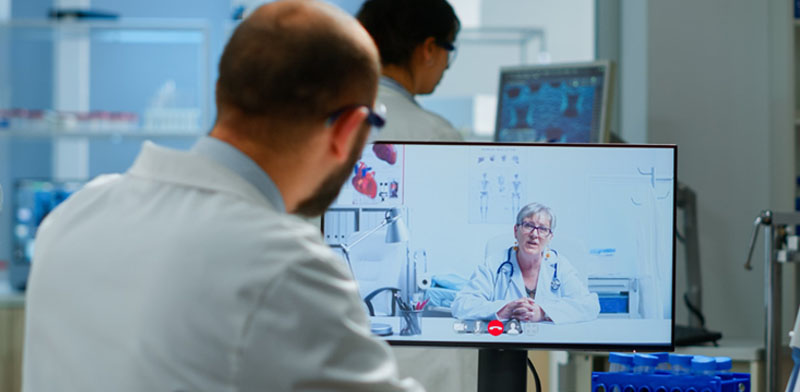
A Comprehensive Guide: Unveiling the Role of Medical Affairs in Modern Healthcare (part VIII)
Future Trends and Developments in Medical Affairs: Embracing Digital Technologies and Patient-Centered Care
As the landscape of healthcare continues to evolve, so too does the role of Medical Affairs within the pharmaceutical industry. Future trends and developments in this field are shaped by advancements in digital technologies and a shifting focus towards patient-centered healthcare. Let's explore how these factors are influencing the trajectory of Medical Affairs and what the future may hold for this critical function.
Impact of Digital Technologies
Digital technologies are revolutionizing the way healthcare is delivered, and their impact on Medical Affairs cannot be overstated. From data analytics and artificial intelligence to telemedicine and mobile health apps, digital tools are transforming every aspect of medical practice, research, and communication. In the realm of Medical Affairs, digital technologies are driving several key trends:
- Real-Time Data Analysis: Digital platforms enable Medical Affairs professionals to access and analyze real-time data from diverse sources, including electronic health records, wearables, and patient-reported outcomes. This allows for more informed decision-making and personalized patient care strategies.
- Virtual Engagement: With the rise of virtual communication tools and online platforms, Medical Affairs teams can engage with healthcare professionals and patients remotely. Virtual advisory boards, webinars, and tele-detailing sessions are becoming increasingly common, offering greater flexibility and accessibility for all stakeholders.
- Digital Health Education: Digital platforms provide opportunities for innovative educational initiatives aimed at healthcare providers and patients. Online training modules, interactive multimedia resources, and mobile health apps can enhance medical education and support self-management of chronic conditions.
- Digital Therapeutics: The emergence of digital therapeutics, such as smartphone apps for mental health or digital platforms for chronic disease management, presents new opportunities for Medical Affairs to collaborate with technology companies and integrate digital interventions into clinical practice.

By embracing digital technologies, Medical Affairs can enhance communication, collaboration, and innovation, ultimately improving patient outcomes and driving healthcare transformation.
Evolving Role in Patient-Centered Healthcare
The shift towards patient-centered healthcare is reshaping the role of Medical Affairs, placing greater emphasis on patient engagement, empowerment, and advocacy. Patient-centricity is not just a buzzword; it's a fundamental principle guiding the development and delivery of healthcare services. In this context, Medical Affairs is evolving in several ways:
- Patient Advocacy: Medical Affairs professionals are increasingly involved in patient advocacy initiatives, representing the voice of patients within pharmaceutical companies and advocating for their needs and preferences in research, product development, and access to care.
- Shared Decision-Making: Medical Affairs plays a pivotal role in facilitating shared decision-making between healthcare providers and patients, ensuring that treatment decisions are based on shared values, preferences, and clinical evidence.
- Patient Education and Support: Medical Affairs develops educational resources and support programs to empower patients with knowledge and skills to actively participate in their healthcare journey. This includes providing information about treatment options, disease management strategies, and resources for self-care.
- Patient-Reported Outcomes: Medical Affairs collaborates with patients and advocacy groups to incorporate patient-reported outcomes into clinical research and regulatory processes, ensuring that treatments are evaluated based on outcomes that matter most to patients.

By placing patients at the center of healthcare delivery, Medical Affairs can drive meaningful change, improve patient satisfaction, and ultimately, enhance the quality of care.
In conclusion, the future of Medical Affairs is shaped by the integration of digital technologies and a commitment to patient-centered healthcare. By leveraging digital tools to enhance communication, collaboration, and innovation, and by embracing a patient-centric approach to research, education, and advocacy, Medical Affairs can continue to advance medical science, improve patient outcomes, and drive positive change in healthcare delivery.
Discover the future of healthcare with Pro Pharma Research Organization! Our comprehensive services in Medical Affairs encompass medical information support, clinical trial assistance, advanced data analysis, and tailored report generation. Stay ahead of the curve as we embrace digital technologies and prioritize patient-centered care in shaping the future of medical advancements.
Publication date: May 2024
Author: Pro Pharma Research Organization Team